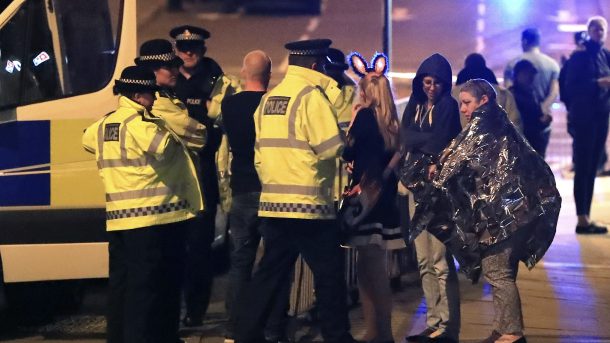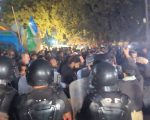Strategists are saying that Monday’s suspected suicide attack on Manchester Arena was likely yet another lone-wolf incident rather than the work of international terror networks, according to CNBC.
At least 22 people were killed and more than 50 injured after an explosion at Ariana Grande concert in a crowded Manchester concert hall, which left hundreds of people fleeing in terror.
According to the Greater Manchester Police, the incident is currently being treated as a ‘terrorist incident’.
The chief constable of Greater Manchester police said the attacker who detonated the improvised explosive device (IED) was acting alone, but an investigation is being conducted to establish whether if he was part of a broader network.
So far, nobody has claimed responsibility for the attack. However, U.K. and U.S. officials said they may have tentatively identified the bomber, according to NBC News.
“It is highly unlikely that this is part of some coordinated attack from overseas,” Richard Fenning, global CEO at political consultancy Control Risks, told CNBC.
“The nature of modern terror attacks in Europe is entirely sporadic in what motivates people to do it.”
Another analyst said that the extent of strategic planning behind the explosion at one of Europe’s largest indoor stadiums was impressive.
“The actual placement of the suicide bomber or device was put there with a specific intent to kill so this was a well-thought out plan,” Fred Burton, chief security officer at Stratford and former U.S. State Department counter-terrorism agent, told CNBC. “This was a certainly a very successful operation from the eyes of whoever carried this off.”
However, Supporters of Islamic State celebrated the blast on social media. Twitter accounts affiliated with Islamic State have used hashtags referring to the blast to post celebratory messages, with some users encouraging similar attacks elsewhere, the report on Telegraph said.
Some users called the attack an act of revenge in response to air strikes in Iraq and Syria.
“It seems that bombs of the British airforce over children of Mosul and Raqqa has just came back to #Manchester,” one user named Abdul Haqq said on Twitter, in reference to the Iraqi and Syrian cities held by the militants where a U.S.-led coalition, of which Britain is a member, is conducting air strikes.














